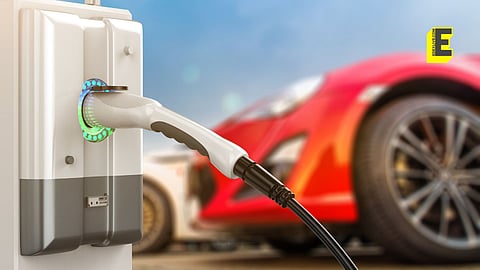Electric Vehicles (EVs) — Latest developments, lithium-ion batteries and perfect programmes
Today, when we talk about automobile engineering, one of the most groundbreaking advancements is the rise of Electric Vehicles (EVs). What exciting developments lie ahead in the realm of EVs and the broader automotive industry?
As more autonomous vehicles enter the market, there will be a significant need for new software and algorithm development. This is necessary to ensure that the autonomous vehicle system can effectively handle increasingly complex road conditions, drive cycles, and weather conditions while maintaining safety.
Despite the presence of current safety technologies, the overall reduction in the number of accidents worldwide is insignificant.
Consequently, further interventions are necessary to ensure the whole experience is secure and pleasant. Software-driven vehicles (SDVs) are expected to become increasingly user-friendly and cost-effective in different categories of EVs.
In the past, lithium-ion batteries posed a significant challenge. Today, however, what is the most pressing issue confronting the EV industry?
The EVs have been in existence for a considerable period of time, but recent advancements in lithium-ion battery technology have significantly transformed the industry. Next-generation batteries must include affordability and sustainability. Otherwise, a vast quantity of batteries will accumulate in landfills.
Furthermore, it is critical to recycle the battery components in order to promote the concept of a circular economy. Currently, the infrastructure is being prepared to address the problem. Transitioning the technology from a laboratory-scale model to a commercial-scale level is a challenging task.
KIIT is involved in charging infrastructure development where a task force on EV looks into incorporating skill development for undergraduate and postgraduate students on charging station installation and maintenance in collaboration with SMPS Electric Controls.
With the wide range of Electric Vehicles — such as Hybrid Electric Vehicles, Battery Electric Vehicles, and Plug-in Hybrid Electric Vehicles — and the numerous courses and certifications available, how should students choose the right course that aligns with their interests and career goals?
The objective of all the courses is to achieve sustainable development and mitigate future carbon emissions. Various types of vehicles will continue to exist in the market, thereby creating a demand for expert technocrats in these disciplines for decades to come.
Now, the students must select industry-specific courses that provide comprehensive coverage on critical subjects such as power management, vehicle dynamics, driver assistance systems, and battery technology.
We are the leaders as far as offering the best industry-tailored programmes in keeping with the vision of our Founder Dr Achyuta Samanta.



